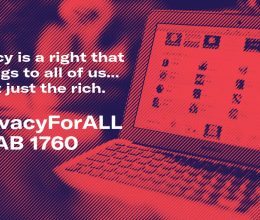In what the ACLU calls a violation of the poor's rights to due process, privacy, and freedom from unreasonable searches, we challenged a San Diego County program in Sanchez v. County of San Diego that requires people applying for county benefits to submit to unannounced searches of their homes. If the aid applicant refuses the search, they forego aid.
The case was profiled in an analysis piece in today's New York Times ["Full Constitutional Protection for Some, but No Privacy for the Poor"], which notes that "governments around the country" are likely getting "all kinds of ideas" about saving money by increasing the denial rate for welfare applications and the rate of withdrawn applications.
The article restates the ACLU position that "being poor should not mean having to give up the Fourth Amendment's protection against unreasonable government searches." It notes that even though the courts have thus far disagreed with this argument--asserting that rounding up welfare cheats justified the searches--there have been some "fierce dissents."
"The situation is shameful," the article quotes the seven dissenting judges writing in response to the full federal appeals court refusing to rehear the case in April. "This case is nothing less than an attack on the poor."
The district attorney's office maintains that short of approving everyone for benefits, it had to do something to verify that applicants qualified for public benefits. The three judge 9th Circuit Court panel that upheld the program noted that applicants did not have to let the investigators in--they could opt out, or, in other words, give up their welfare benefits. The Times analysis quoted one of the dissenting judges who called this a "false choice for an applicant desperate to feed her children."
San Diego County's "Project 100%" requires all applicants to submit to mandatory "walk through" inspections of their homes by agents from the District Attorney's office. The District Attorney's agents are commissioned to go through the homes' most private spaces, reviewing the contents of bathroom medicine cabinets, dresser drawers, and bedroom closets and laundry baskets. Applicants who do not comply are denied public assistance.
San Diego County's "Project 100%" program is conducted by the District Attorney's office, but applies only to individuals whose public-assistance applications do not raise any suspicion of fraud, and who have submitted all necessary verification and documentation, which has been found to contain no factual inconsistencies. Applicants who are actually suspected of fraud or ineligibility are investigated through a separate process.
New York Times Profiles Important ACLU San Diego Case
Related Issues
Related content
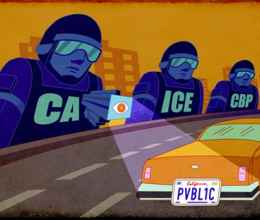
Lagleva et al. v. Doyle
October 14, 2021
Prevent Expansion Of Facial Recognition Tech (Oppose AB 2261)
May 21, 2020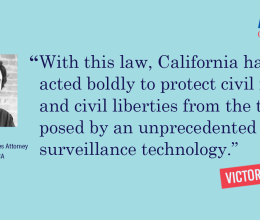
California Governor Signs Landmark Bill Halting Facial Recognition...
October 9, 2019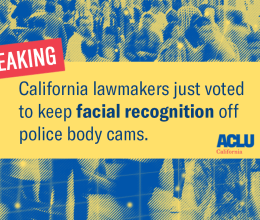
California Senate Votes to Block Face Recognition on Police Body...
September 11, 2019California Legislature Caves to Big Tech Pressure Again and...
May 16, 2019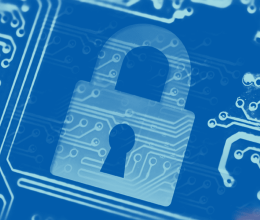
California Assembly Privacy Committee Kills Consumer Privacy Bill...
April 23, 2019ACLU Files Amicus Brief in Suit to Remove San Diegan from the...
April 5, 2019Privacy for All (AB 1760)
April 3, 2019